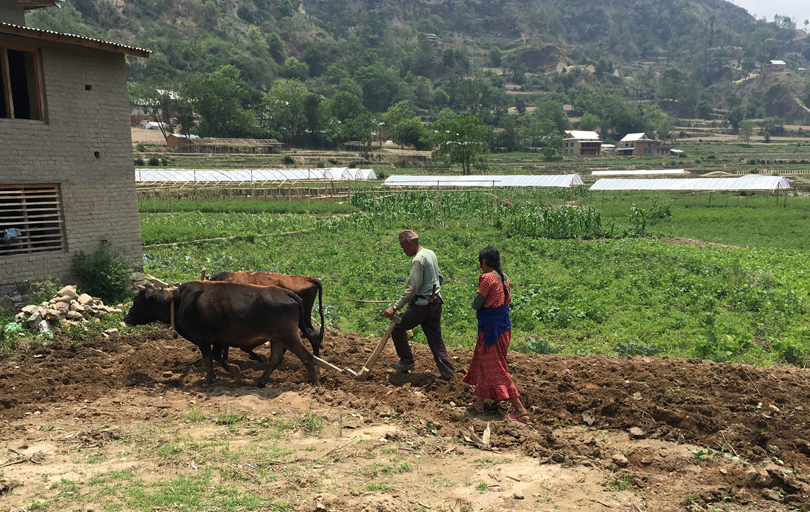Climate Change
The world has witnessed numerous natural disasters. Natural disasters caused by climate change, desertification, drought, flooding and land degradation are increasingly posing a threat to great many people, especially those who are poor and vulnerable. Even though these natural disasters are unavoidable, we can reduce the human and physical damages caused by them if we resolve to take appropriate measures and actions with the participation of all countries, stakeholders and people. Given the magnitude and complexity of the impact of natural disasters, disaster risk reduction is critical to human security, sustainable development, and adaptation to the impact of global environmental change. We seeks to explore the linkage between global environmental change and disaster risk reduction in the context of UN Sustainable Development Goals by focusing on "sustainability", "resilience", and "adaptation." Goal 11 of the SDGs aspires to "make cities and human settlements inclusive, safe, resilient and sustainable. Our key interventions in this field are;
Research, evaluation and Innovation
- Advocacy on policies and governance for climate change laws and implementation
- Knowledge management on climate change issues, education and awareness, and experience sharing
- Climate change adaptation and mitigation for unban cities and rural areas
- Climate change and ecosystem
- Capacity building of stakeholders; government, civil society and local community
- Hazard, risk and vulnerability mapping and mitigation planning and preparedness
- Regional cooperation on early warning, information and experience SHARING
Disaster Risk Reduction:
Disaster Risk Reduction (DRR) issues are linked to governance model used by states and other actors to implement a comprehensive strategy to manage such risks and undertake integrated management (UNDP, 2010). PEDA International is doing research and piloting projects to generate evidence based innovations in technologies for disaster preparedness (e.g. early warning systems, GIS, insurance services), and of integrating climate change information into DRR to build capacity of local institutions. Humanitarian aid is a commitment to support vulnerable host populations that have experienced a sudden emergency that require ongoing assistance to maintain or improve their quality of life. Over the past decades the number of humanitarian agencies, private organizations, governments (taxpayers), corporations, individuals and other stakeholders have grown enormously with diverse mandates, values, goals, strategies, actors and activities.
Our technical capacity focus areas are below:
- Hazard, Risk, Vulnerability, and Capacities Assessment (HRVCA)
- Disaster preparedness and management, early warning systems and training
- Building resilient livelihoods through strengthening and diversifying income generating activities
- Research, evaluation and innovation in DRR Sector
- Technical Assistance in establishing Community Based Early Warning System, Institutional Capacity Building and Innovation through technology
- Incorporating ICT in humanitarian actions to facilitate effectiveness
- Evaluating humanitarian relief and recovery policies and strategies
- Improving public accountability and transparency in humanitarian responses and actions
- Evidence based research on the new emergency humanitarian needs
